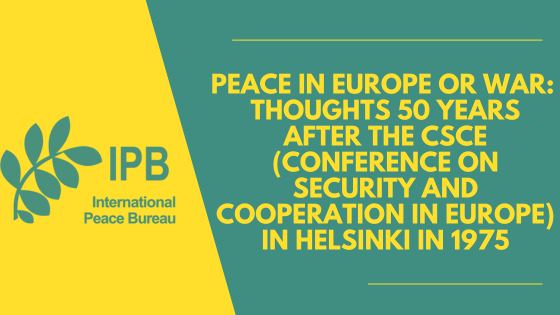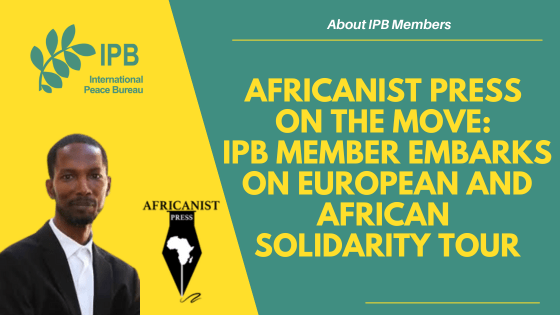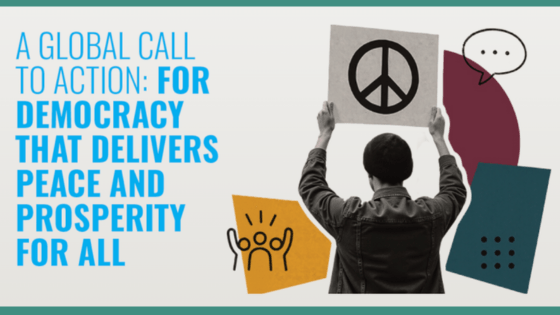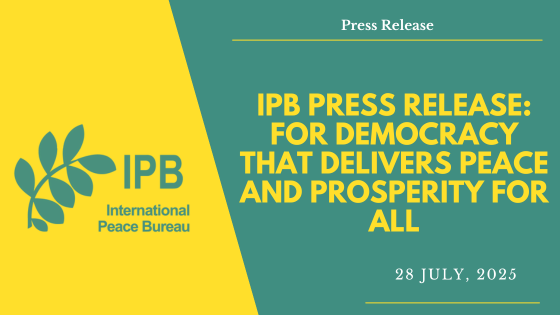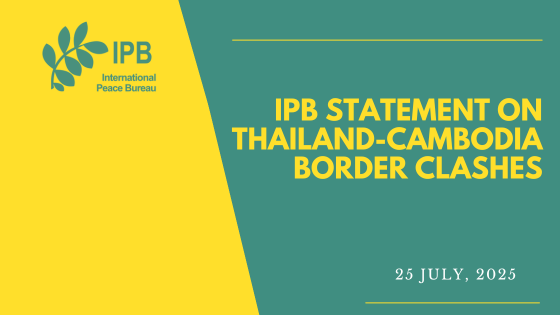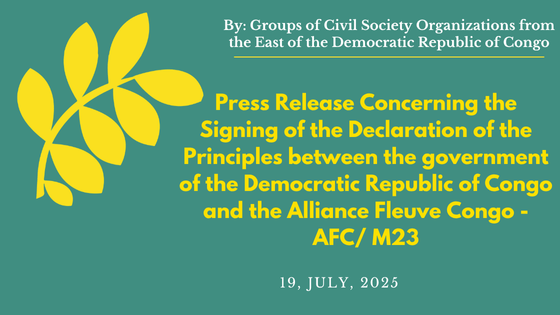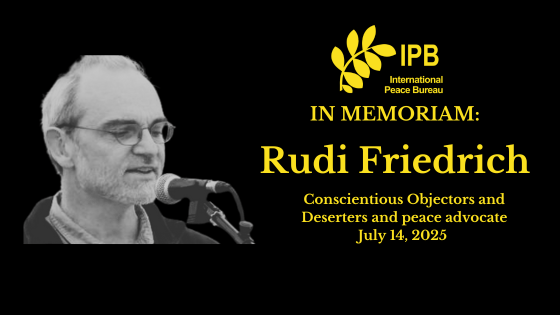Neutrality Colloquium: A Call to Action for Active Neutrality & World Peace
Geneva, Switzerland | June 26-27, 2025
The Neutrality Colloquium took place on June 26–27, 2025, in Geneva, Switzerland, bringing together 90 experts in diplomacy, international law, peacebuilding, and digitalization, from 27 countries across five continents—including Colombia, Argentina, Costa Rica, the USA, the DRC, Syria, Moldova, Ireland, Japan, and China. Held in hybrid format, the Colloquium served as a critical platform to explore and promote active neutrality as a strategy for peacebuilding, conflict prevention, and global stability amid growing geopolitical tensions, rising militarization, and ongoing humanitarian crises.
This gathering followed the First International Congress on Neutrality, which was held in Bogotá, Colombia, in April 2024. That congress marked a milestone, with participants from 25 countries laying the groundwork for a renewed global conversation on neutrality. The Geneva Colloquium was conceived as a smaller, expert-level forum to build upon that momentum and shape the vision for the Second International Congress on Neutrality, scheduled for 2026.
The event was jointly organized by a coalition of organizations committed to peace and disarmament: Global Veterans Peace Network (GVPN), World BEYOND War, Inter-University Network for Peace (REDIPAZ), International Peace Bureau (IPB), Transnational Institute, the Colombia Peace Agreement, and the Geneva Center for Neutrality, which hosted the gathering. Their collaboration was essential to the success of the Colloquium.
Over two days, participants engaged in five thematic focus groups:
- Current Neutrality Practices
- Digital Neutrality in the Age of Cyberwarfare and AI
- Neutrality and Media
- Building a New Non-Aligned Movement
- Neutrality and Common Security in a Militarized World
Each group developed specific recommendations, which were integrated into the final outcomes of the Colloquium: a Modern Neutrality Final Declaration and an Action Agenda to Promote Active Neutrality.
The Declaration stresses that neutrality is not indifference. Rather, it is a strategic, principled approach to international relations—one that prioritizes peace over power projection, sovereignty over dominance, and cooperation over confrontation. In light of the alarming rise in military expenditures—including NATO’s recent commitment to allocate up to 5% of GDP to defense—the declaration calls for redirecting resources from warfare to social, ecological, and economic justice.
“Active neutrality is neither passive nor indifferent. It is a proactive, values-based stance, rooted in non-alignment, non-intervention, and demilitarization. In a context of rising geopolitical rivalries, climate breakdown, and digital warfare, active neutrality means to:
- Prioritize peace over power projection
- Promote sovereignty and self-determination, especially for the Global South
- Reject participation in arms races, military alliances or military interventions
- Promote dialogue, diplomacy and multilateralism
- Invest in social, ecological and economic justice instead of war”
The Geneva Colloquium marked a significant step in global efforts to redefine and reinvigorate the role of neutrality in the 21st century. The inputs and outcomes of this event will directly inform the Second International Congress on Neutrality in 2026—ensuring that the principles of active neutrality continue to evolve as powerful tools for peace and justice in our increasingly polarized world.
You can read and download the documents below:
- Modern Neutrality Final Declaration
- Action Agenda to Promote Active Neutrality
- Press Release: Colloquium on Neutrality by Geneva Center for Neutrality Official
- Modern Neutrality Final Declaration
- Action Agenda to Promote Active Neutrality
- Press Release: Colloquium on Neutrality by Geneva Center for Neutrality
Other Articles:

